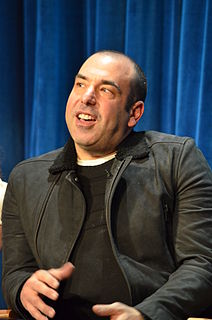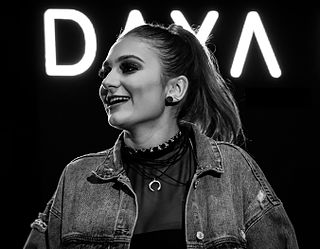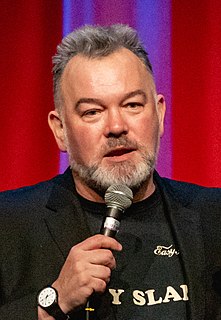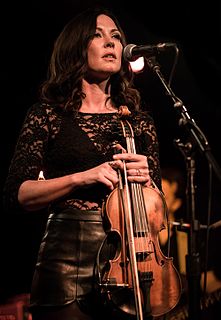A Quote by Rick Hoffman
At first I'm sort of answering everything the way you're 'supposed to' answer, and I lost a bunch of followers... I was like, 'What the hell is this all about? What is Twitter supposed to be about? If you're not answering your fans, then what's the point?'
Related Quotes
At 21, you can live life with reckless abandon, as reckless as your abandon is. Then, at 30, there's something there are the supposed to be's. You're like, "I'm supposed to be doing this. I'm supposed to be doing that." You start measuring your life by what you think you're supposed to be doing. Having recently turned 40, it's like, "What the hell?! Why am I worried about what I'm supposed to be doing? What do I want to do?" You become fine with wherever the road takes you.
Everything is up for grabs, everything is relative. Except nothing is if you are serious about it because the moment you become serious about answering a question you have a stake in it. Relatively goes out of the window, in one sense because you're putting your a** out there - you are depending on the answer, you need the answer.
Parker wasn't supposed to be a series. He was supposed to be one book, and if he was only going to be in one book, I didn't worry about it. And then an editor at Pocket Books said "Write more books about him." So I didn't go back at that point and give him a first name. If I'd known he would've been a series, I would've done two things differently. First, I would've given him a first name because that means for 27 books, I've had to find some other way to say, "Parker parked the car."
I think, when you're a young composer, you're told constantly that what you're supposed to do is figure out what your voice is. "What is your thing supposed to sound like?" You know: "What's the thing you do," that everyone can recognizably tell from a long distance is you and then you're supposed to be in search of that marker and you're supposed to find it and you're supposed to live there for the rest of your life. And it seemed to me, from a young age, that was what I was encouraged to do. You find a sound and that's your sound! That's what you do.
That's the one thing that I love about Twitter. There's no rule that says it's a discussion. So I love when I tweet something and somebody wants to have a conversation with me. I'm like, "Oh no, I don't use Twitter for conversations. I just say what I want to say so you can ask me a question but I'm not answering it."




































